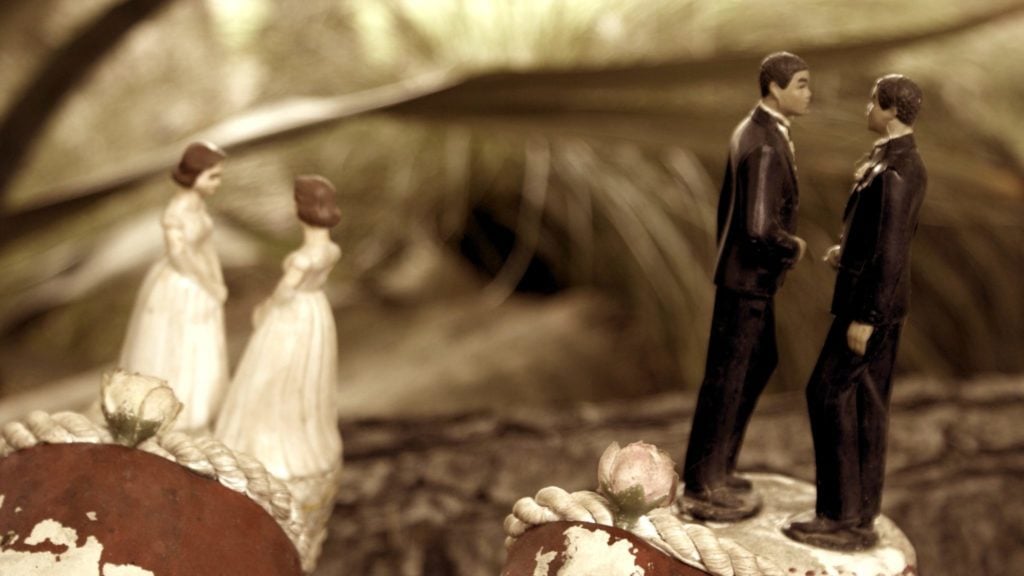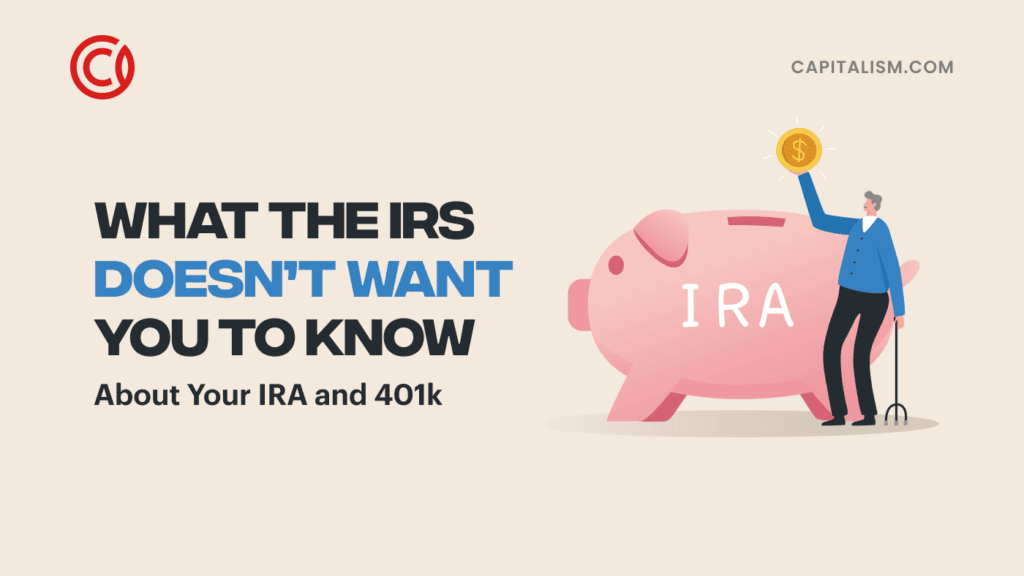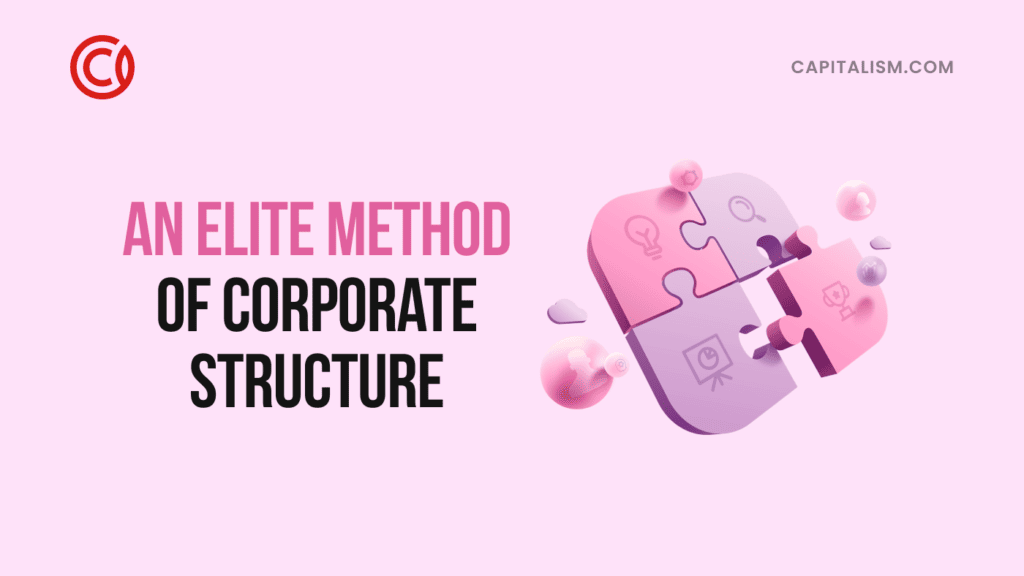Regardless of where you stand on the debate over same-sex couples, the issue enters a murky realm of case law and conflicting state and federal statutes affecting how business owners can exercise their freedoms of conscience.
Very recently, the U.S. Supreme Court (SCOTUS) decided to hear the case of Masterpiece Cakeshop v. Colorado Civil Rights Commission to determine whether or not a business can refuse a person services because of their socio-economic status, age, faith, and sexual orientation and gender identity citing religious preference.
Ultimately, after same-sex couple David Mullins and Charlie Craig sought the baking prowess of the owner of Masterpiece Cakeshop, based in Lakewood, CO, for their wedding day and were denyed services by owner Jack Phillips, a slew of negative press and litigation broke loose.
Immediately, Mullins and Craig filed a discrimination complaint with the Colorado Civil Rights Commission alleging that he violated public accommodations provisions of the Colorado Anti-Discrimination Act (CADA).
The assertion Phillips and his counsel fired back with? That it is the right of the business owner, and indirectly the business as a legal entity, to exercise unhindered First Amendment freedom in all respects, even in how a business would treat customers or deny services to anyone.
Nevertheless, since CADA considers a business a place of public accommodation, the jurisprudence currently suggests that there was a violation of state law when Mullins and Craig were denied the Phillips denied them a wedding cake. That’s the tough part—especially when a prior decision from the Colorado Court of Appeals sided with the plaintiffs and the state Supreme Court turned down an appeal to rehear the case.
Rights Should Go Both Ways
Despite the state of the case as it enters the chambers of the highest court in the land, considering the importance of people’s rights and civil liberties shouldn’t be a one-way street in the realm of business and commerce.
SCOTUS needs to leverage the facts of the case in a fashion that doesn’t yield a one-sided assumption. Yes, state law says one thing; however, if the court rules in favor of Phillips, the federal exemptions from public accommodation and anti-discrimination laws will supersede.
To be clearer, did Phillips violate the rights of Mullins and Craig? Frankly, this shouldn’t be a case of homophobia but a question of what the First Amendment will allow. Phillips retains every right—as highlighted in the Bill of Rights—to exercise his freedom of faith, expression, and association in his private life and through the extension of his baking and business practices.
Some of you may consider this opinion to be the stereotypical “right-wing” assumption but consider some other information before being fed rhetoric from people who have never ran a business and invested themselves into creating a legacy.
Impact of An In-Favor Ruling
If SCOTUS—especially with conservative Justice Neil Gorsuch now on the bench—rules in favor of Mullins and Craig, any business owner of any faith or moral background will be forced to service individuals to whom they wish not to do business with because of cultural and moral differences.
With this logic, a Muslim business owner could face a similar fate to that of Phillips if he or she refuses to provide services to a hijab-less lesbian couple—one Jewish, the other Christian.
And all in the name of what? The government controlling the private life of a business owner and the consumers?
Impact of An Against Ruling
If SCOTUS rules against Mullins and Craig, the First Amendment will be a reaffirmed component to every Americans' livelihood.
An environment will be created to where a gay couple who doesn’t want to get coffee at a coffee shop who hosts an Evangelical youth group every Wednesday night has the ability to go the Starbucks down the road and — surprise — get their coffee. The same right to deny services is reserved for the coffee shop, in addition.
In the end, a private citizen who has invested their life into developing a product or service for sale to the public has every right to grow or destroy their business legacy as they deem fit. This is also the case for the businesses who wish to gain the additional revenue and market share in servicing all classes of people--it's their right.
Free Market Doesn't Discriminate
The end result, though, should be for all—proponents and opponents—to let the marketplace dictate the winners and losers and not leave it to legislation or case law.
The United States is still one of the freest societies and economies in the world. Don’t create a state of market trepidation in the name of social justice and “equality.”
True equality is achieved through open and equal competition among individuals and organizations, not when a government says so.
What do you think of the right of businesses to deny service to anyone? Share your thoughts in the comments.
MORE OPINIONS ON CAPITALISM.COM
• Cronyism Isn’t Free Market Capitalism, It’s Corruption
• Differentiating Between Privatization and Free Markets
• Republicans Fail to Pass Free Market Reform











